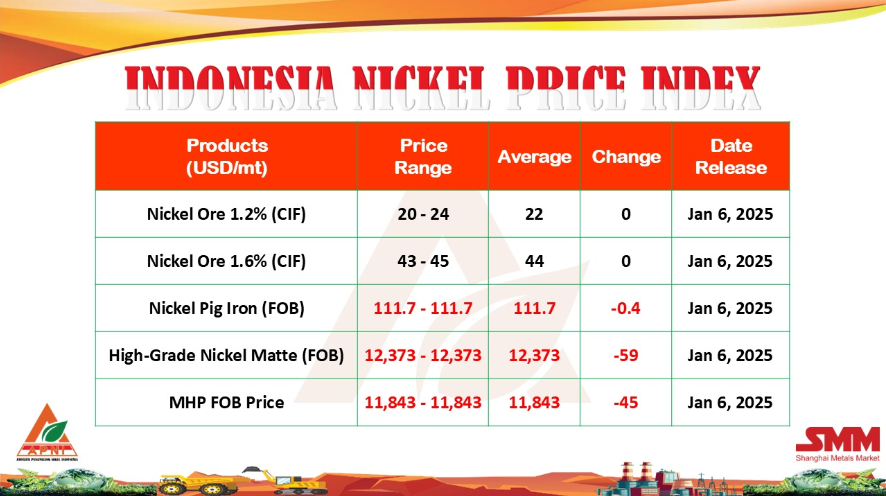
In a dramatic turn of events, the United Steelworkers union takes center stage, filing grievances against U.S. Steel following its acquisition announcement by Nippon Steel Corporation. The $14.9 billion deal, disclosed in December, prompts concerns about the adherence to existing labor agreements, sparking tensions between the union and the Pittsburgh-based steel giant.
The international union, along with local unions in Illinois, Indiana, and Minnesota, alleges that U.S. Steel violated the successorship clause embedded in its basic labor agreements with the United Steelworkers (USW). The grievances, outlined in a statement issued late Friday, point to multiple ways in which U.S. Steel allegedly breached its contracts.
The USW questions not only the process leading to the sale but also the financial standing of Nippon Steel North America, the Houston-based holding company overseeing the acquisition. Expressing skepticism, the union raises concerns about Nippon Steel's ability to fulfill U.S. Steel's labor, pension, retiree, and other agreements.
Key to the union's discontent is the perceived lack of transparency in the acquisition process. The USW claims that U.S. Steel entered the sale agreement without engaging with the union and without sharing crucial financial information about Nippon Steel's capacity to honor existing commitments.
“We did not agree to this arrangement, nor do we have any information about the financial wherewithal of this holding company to actually stand behind all of the obligations of our existing agreements,” asserts the USW in its statement.
In response, U.S. Steel defends its actions, stating that it has complied with its obligations under the Basic Labor Agreements. The company expresses its intention to work through and resolve the grievances filed by the USW swiftly. Emphasizing the importance of collaborative efforts with the union, U.S. Steel highlights the integral role of its USW-represented employees in its operations.
The acquisition, set to have Nippon Steel pay $55 per share for U.S. Steel, has garnered attention and opposition from various quarters. Government leaders, including Pennsylvania U.S. Sens. John Fetterman and Bob Casey, have expressed reservations about the company falling under foreign ownership. Environmental advocates, long critical of U.S. Steel's environmental impact, voice concerns and optimism regarding the potential effects of the sale on emissions and environmental responsibility.
As the grievances unfold and the acquisition undergoes thorough examination, the future of U.S. Steel hangs in the balance, with implications reaching beyond corporate boardrooms to the broader realms of national interest and environmental responsibility. steelguru
Copyright © 2013 Ferro-Alloys.Com. All Rights Reserved. Without permission, any unit and individual shall not copy or reprint!
- [Editor:kangmingfei]



 Save
Save Print
Print Daily News
Daily News Research
Research Magazine
Magazine Company Database
Company Database Customized Database
Customized Database Conferences
Conferences Advertisement
Advertisement Trade
Trade














 Online inquiry
Online inquiry Contact
Contact

Tell Us What You Think